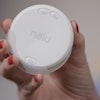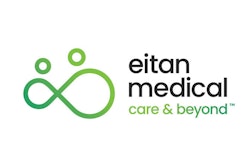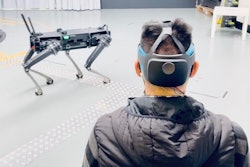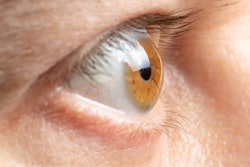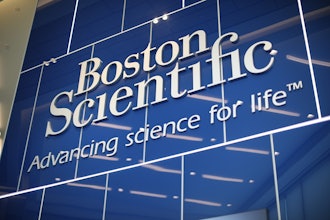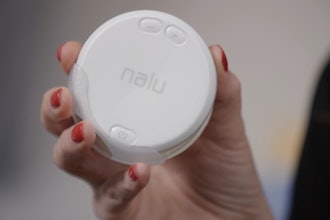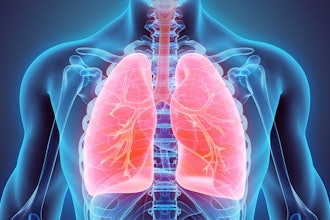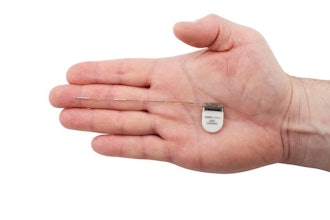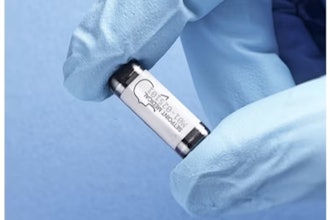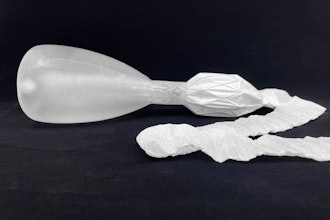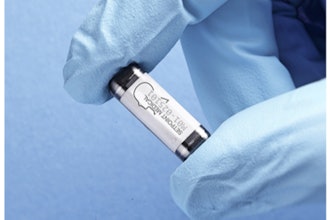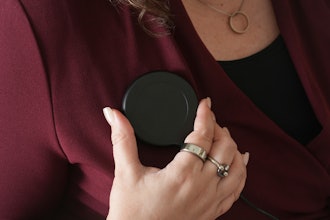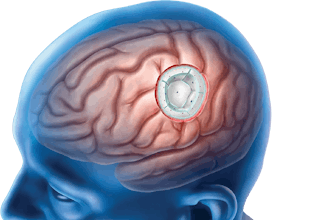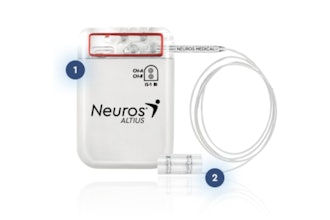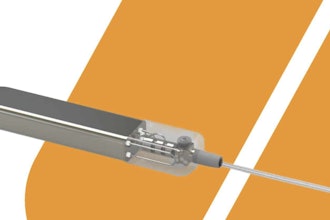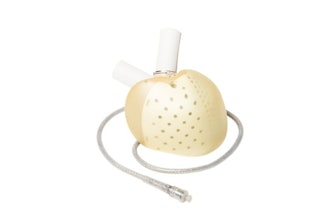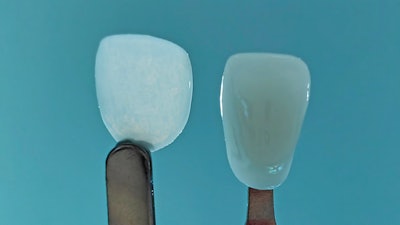
Boston Micro Fabrication (BMF), a provider of advanced manufacturing solutions for precision applications, announced it is entering the dental market with the launch of UltraThineer, what it's calling the world's thinnest cosmetic dental veneer.
The new 3D-printed veneers use projection micro stereolithography (PµSL), a technology that custom-manufactures veneers that are three-times thinner than traditional veneers and require significantly less preparation for dental professionals, allowing preservation of the patient’s enamel with less reduction. UltraThineer veneers are expected to be available in the U.S. in the spring of 2024, following review by the U.S. Food and Drug Administration (FDA).
BMF is committed to developing applications where its unique, micro-scale, highly precise printing technology can significantly reduce production time and cost as well as enable innovation. UltraThineer veneers, which have been developed in collaboration with Peking University, feature advanced material, a production workflow, and the finishing process to deliver thinner, more comfortable, and less invasive veneers. Additive manufacturing, or 3D printing, is already proven across multiple dental applications including orthodontic aligners, mouthguards, drill guides, and dentures due to need for on-demand, personalized, and custom solutions.
Currently, veneers are manufactured to a thickness of approximately 0.5 mm or more and require extreme prep work of existing teeth. This is a highly invasive, non-reversable, and uncomfortable procedure for the patient. For aesthetic restoration, ultra-thin veneers allow little to no tooth preparation, preserving as much enamel as possible and are just 100 µm thick. With a choice of ultra-thin zirconia veneers, dentists can align, reshape, or brighten teeth with a simple, painless, and minimally invasive procedure.
In addition to providing machines, materials, and software to industries looking to prototype and produce high precision parts, BMF has been developing and incubating end-use applications that can be uniquely enabled by the PµSL process.


